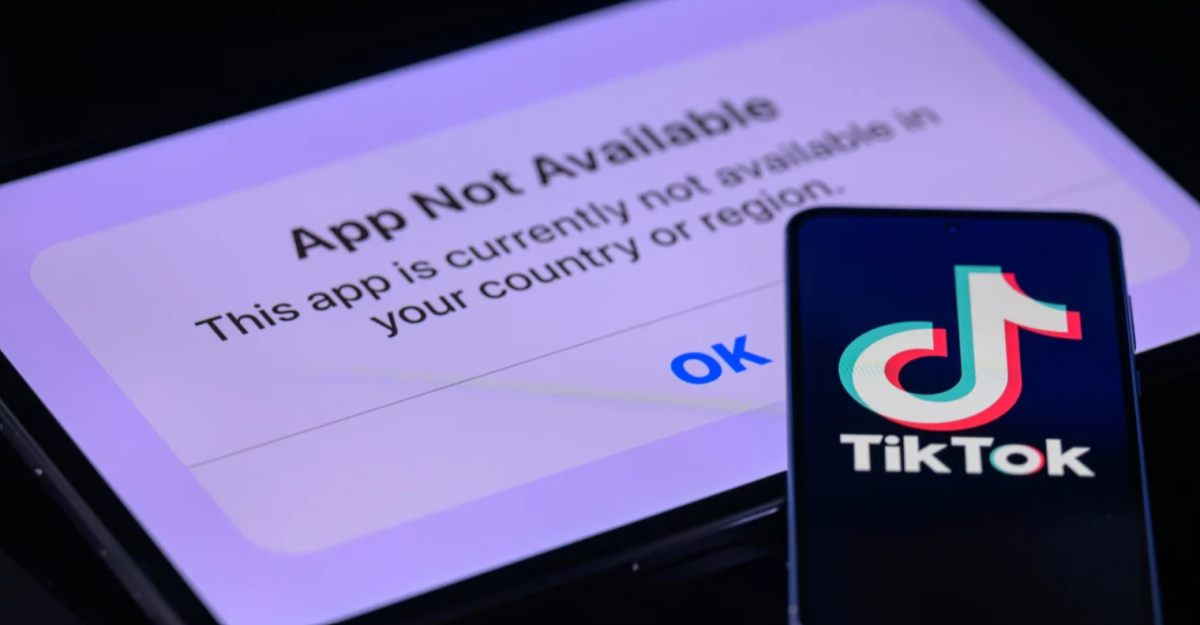In the early days of President Trump’s second term in office, the promise of “free speech” on social media platforms has turned into a battlefield. As tech companies like Meta and TikTok face accusations of censorship, multiple users are starting to raise alarms about suppressed hashtags, limited search results, and algorithmic biases.
The history of TikTok in the United States has been anything but smooth. Under the Trump administration, the app faced a crisis with threats made by President Trump pushing for its ban in 2020, citing national security. While the app avoided a shutdown, with only a 12-hour hiatus, the political undertones of its survival are causing multiple questions. TikTok’s return to U.S. users came with a surprising and controversial message, a note thanking President Trump for saving the app. While this initially appeared to be just a diplomatic gesture, the app’s apparent changes in the algorithm have caused many users to raise questions about the app’s neutrality.
Since its reintroduction, TikTok users have reported the suppression of politically charged terms and phrases. Comments like “free Palestine” have reportedly been flagged or removed.
A company spokesperson has stated that “Our policies and algorithms did not change over the weekend.”
Meanwhile, Instagram, owned by Meta, has also faced their own set of allegations of censorship. Users have documented instances where certain terms are yielding no results and are accompanied by “sensitive content” warnings. Meta has publicly acknowledged these issues, claiming they affect hashtags across the political spectrum. Yet, in a hyper-partisan climate, such explanations often fall on deaf ears.
The issue of censorship isn’t confined to social media. Ann Telnaes, a Pulitzer Prize winning cartoonist for The Washington Post, recently resigned after her editorial cartoon was rejected for publication. The cartoon mocked the close relationship between Silicon Valley executives, including Jeff Bezos, Mark Zuckerberg and Sam Altman and President Trump. Telnaes revealed in her Substack resignation post that Bezos, who owns The Washington Post, personally pulled the cartoon from publication.
The Post’s Opinion editor, David Shipley, claimed the cartoon was cut to avoid redundancy, as the paper had recently published similar content. However, the decision sparked outrage since it showed the ease with which these billionaire tech moguls can censor or block content that does not align with what they want us to see. Critics argue that this reflects a troubling concentration of power, where media ownership allows influential figures to shape public discourse by suppressing different viewpoints.
Whether these instances of what people think is censorship are intentional or the unfortunate result of technical errors, the damage is done. As social media platforms grapple with their role in shaping public discourse, their actions—or inactions—will have lasting implications for democracy in the next couple of years.


